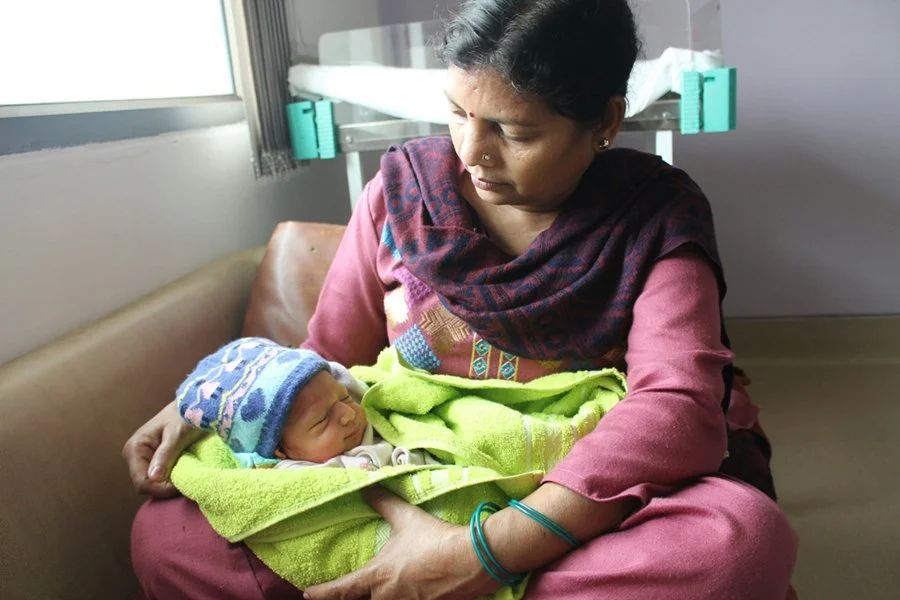Kim Barthel: Caring for Babies and Their Caregivers
Photo by AMIT RANJAN
Well-known teacher and speaker Kim Barthel recently interviewed lactation consultant and breastfeeding specialist Sejal Fichadia in a podcast, as a lead in to Barthel’s new course, Coaching Caregivers.
The podcast interview “explored the complexities of caring for both babies and their caregivers. While many families call on Sejal when something feels wrong – difficulty with latching, bottle refusal, or feeding pain – her perspective widens the lens.” Sejal believes that feeding is “never just about food. It is a dance of communication, co-regulation, and attachment between parent and child”.
Sejal talks about the “new mom brain”, often dismissed as absent-mindedness, which she sees rather “as a powerful rewiring – a brain transformed by empathy, protectiveness, and deep focus on the baby”, a profound shift that is simultaneously fragile and which “requires gentle support from partners, families, and communities. Without this ‘mothering of the mother’”, she says, “expectations on new parents can quickly become overwhelming.”
The interview provides a lead-in to the new Coaching Caregivers online course designed to equip professionals and supporters with practical strategies to nurture caregivers. The course, led by Kim Barthel, explores how attunement, co-regulation, and compassionate communication shape the foundations of healthy attachment. It is comprised of three sessions:
Foundations of Coaching in Therapy
The Self in the Coaching Relationship
Coaching Tools for Empowering Parents
In the interview, Barthel and Sejal discuss the process of the “interactive dance between mother and child” from the observable, motor responses that indicate the emotional response the child has to the feeding experience, and how the child responds to process changes in feeding patterns. The lactation consultant can interpret and explain to the parent in ways that ease the emotional response to what the parent can perceive as rejection when the child finds it difficult to feed. They take about the vulnerability the mother experiences in adapting to her new role and responsibilities.
Sejal stresses that every action partners, families and those around the new mum can do to free her up to focus on self-care and care of her newborn is helpful in reducing stress and exhaustion and enabling the mother and child to relax and develop their crucial bonding attachment. These initial few months are precious and, we now know, are key to setting up the structural framework for the development of emotional self-regulation in the child. There is a need to “mother the mother” - it is an unfair burden for a new mom to carry the full burden of normal routines without support, even basic things like bringing food, water, giving reminders of key events – e.g. clinic visits). Barthel speaks to research that indicates that when dads support by gently taking care of the needs of the mother, they can have even more positive impact on the developing brain of the child than by taking turns with childcare.
They spend time talking about the physical/emotional elements to the physical act of breastfeeding and the role of the lactation consultant in coaching the parent to a better understanding of what the baby is experiencing, such as how to listen to the baby’s signals and small changes that can help them be more comfortable in their body. Sejal stresses that latching on is only partially a ‘learnable skill” and that the parent will ultimately need to learn to interpret and respond to the baby’s signals and responses in order to make it comfortable for the baby to feed. Reducing stress for the mother helps her to be able to focus her attention on learning to recognize and interpret her baby’s signals and fine-tune her own responses to facilitate the feeding process.
